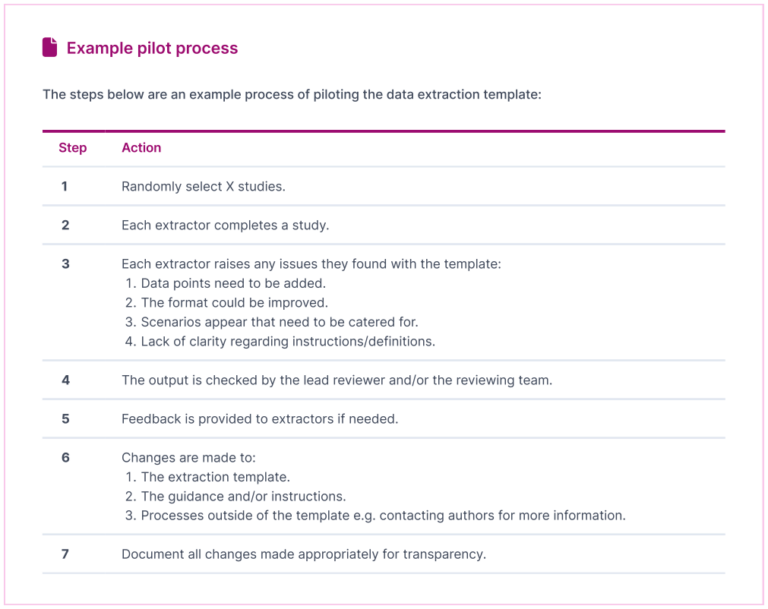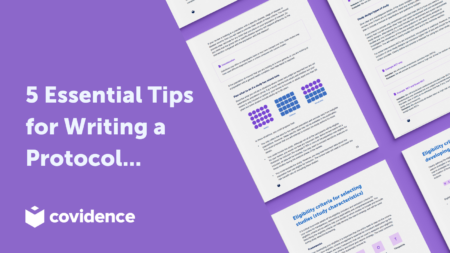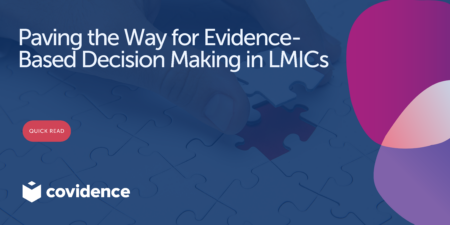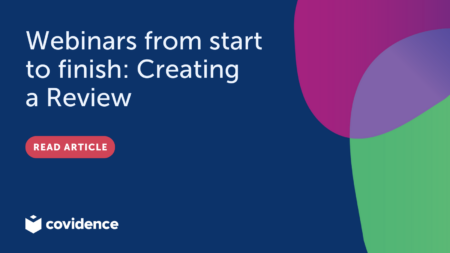Pilot the Template
Welcome to Tip 3 on Data Extraction! The latest in our blog series looks at the significance of piloting the template in data extraction. In our series on efficient and effective extraction practices, this tip stands as a crucial step to ensure a streamlined and error-free process. Piloting the template before the full-scale data extraction begins is not just a time-saving strategy; it’s a proactive measure that enhances the overall efficiency of the review process. By addressing potential issues early on, the likelihood of edits during extraction is minimised, leading to a smoother and more productive journey through data extraction.
Importance of piloting
Why piloting is important
Piloting is the process of completing data extraction for a select number of studies so you can evaluate the process before extraction starts across all studies.

The objective is to assess the effectiveness of the extraction template that has been developed, to ensure that:
- The template’s layout and sequence are logically organised.
- Any missed or irrelevant data points are identified early.
- The guidance and/or instructions for extractors are as comprehensive as possible.
- Extractors have had enough training to perform extraction effectively.
- The anticipated output will enable you to compare and group studies so you can analyse results for your review.
Piloting will reduce the risk that you need to:
- Edit the template during extraction.
- Go back to studies after extraction to extract more data.
- Spend a lot of time cleaning data or making sense of the data after data extraction.
Things to consider
You should consider who will be involved in the piloting process, for example do you want all extractors to pilot the extraction template so you can be sure the guidance and training is understood by everyone?
If you plan to analyse the results for each outcome, then it’s worth thinking about how you will group the data for the later stages in your review process.

Summary
Ultimately, piloting is not only a time-saving measure but also a pivotal step in enhancing the overall efficiency and accuracy of the data extraction process.
Download ‘A practical guide: Data Extraction for Intervention Systematic Reviews’ below.
Don’t forget to share this blog with friends or colleagues and on social media


